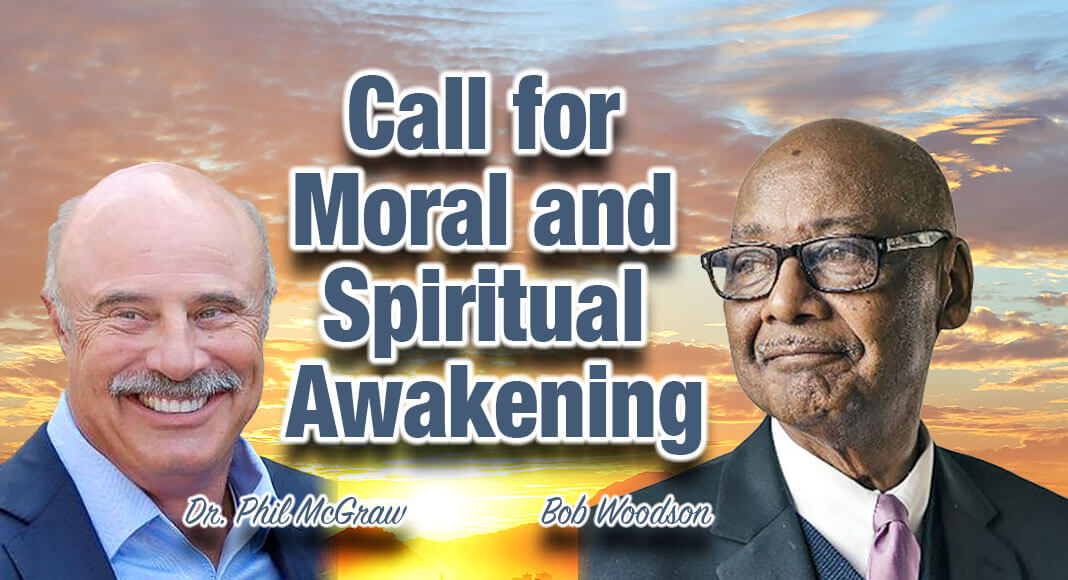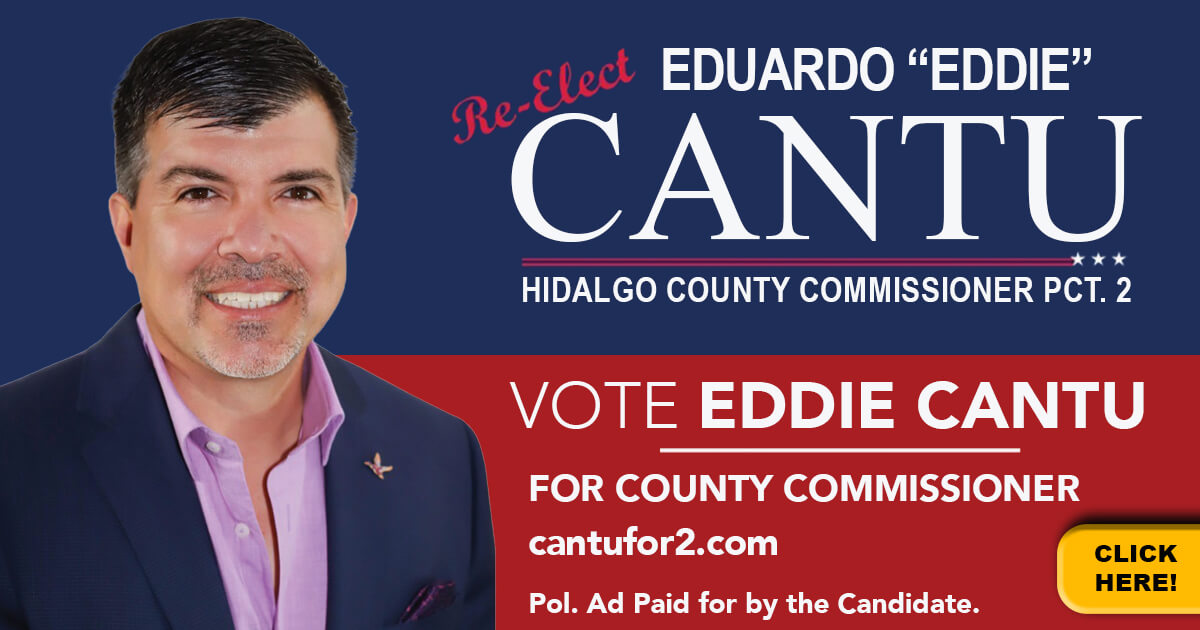
Texas Border Business
By Roberto Hugo Gonzalez
In a recent interview I watched on Twitter with Dr. Phill, civil rights activist Bob Woodson provided a powerful perspective on the topic of reparations. Woodson, known for his work in low-income communities, expressed his belief that reparations will not solve the real problems faced by the African American community.
Woodson initiated the conversation by challenging the prevailing narrative about slavery. He pointed out that the history of slavery was more complicated than the simple division of white oppressors and black victims, citing the existence of black slave owners. His intention was not to absolve white slave owners of their actions but to illustrate the complexity of the issue and question the feasibility and fairness of reparations based on such a diverse historical context.
The civil rights leader continued to challenge the status quo by arguing that African Americans achieved more in the century after slavery than in the past 50 years. He emphasized the strength and resilience of the African American community, which was able to build its own institutions when denied access to mainstream ones.
Woodson then connected the current challenges faced by African Americans – such as out-of-wedlock births, violence, and the death rate due to homicide – to a larger issue that transcends racial boundaries. He identified a “moral and spiritual free fall” that is plaguing America and affecting all races, pointing to the high levels of suicide in Silicon Valley and prescription drug issues in Appalachia.
According to Woodson, the real crisis facing America is not racial but moral and spiritual. He argued that the focus on racial disparities may detract from the urgent need to address this larger crisis, which is causing people to lose value for their own lives and take either their own life or someone else’s.
Woodson called for unity and a common purpose in addressing this crisis, stating that “we must come together and look beyond race.” He urged America to move away from defining people by their past and instead focus on what they aspire to become in the future.
To inspire change, Woodson advocated for providing a vision of victories that are possible, rather than continually reminding people of the injuries to be avoided. His comments challenged the audience to reflect on their own perspectives and consider a new narrative – one that emphasizes resilience, unity, and future potential over past victimhood and oppression.
Bob Woodson’s bold stance left the audience in silence, considering the powerful message and its implications for the ongoing conversation about reparations, racial disparities, and the future of America.














